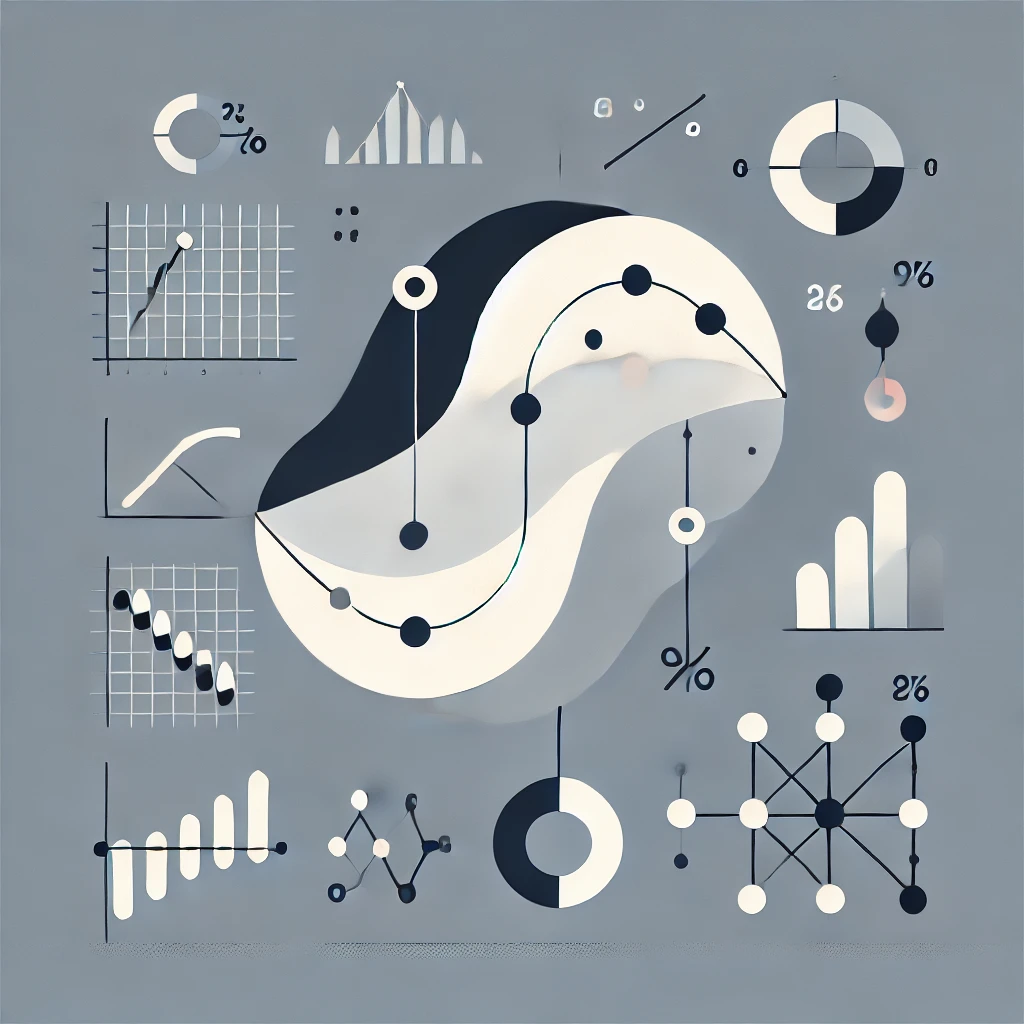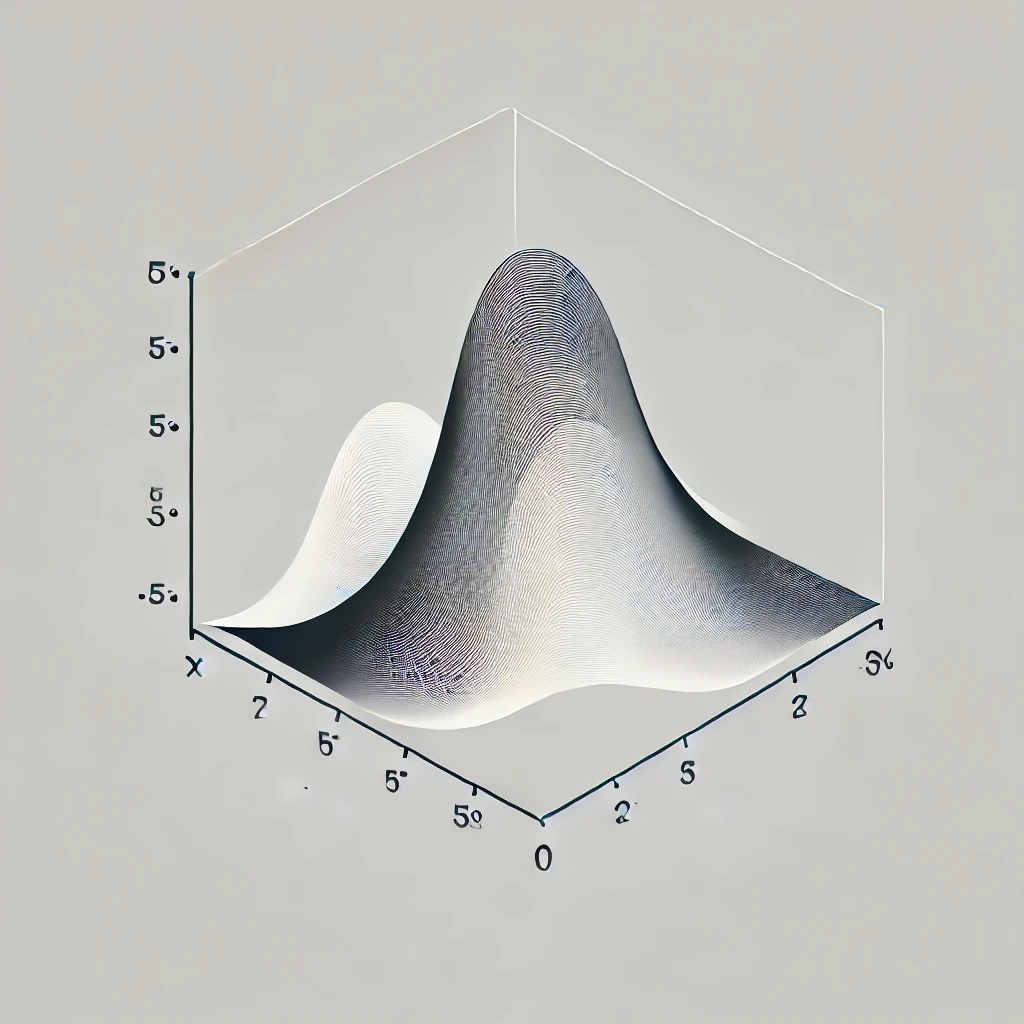Welcome to the Statistics and Data Science Hub
Last updated: April 15, 2025
Understanding the role of data and measurement in media planning, audience engagement, and advertising effectiveness.
Explore the Key Pillars of Statistics and Data Science Hub
Blogs

March 14, 2025
Predictive Lead Scoring
Unlock the potential of your sales team by utilizing predictive lead scoring. This innovative approach helps identify high-value leads, enhancing conversion rates and optimizing marketing efforts. Understand the benefits of data-driven decision-making and how to implement predictive models to prioritize leads effectively. With predictive lead scoring, you can streamline your sales process and focus on prospects most likely to convert, ultimately driving business growth and success.

March 14, 2025
Beta Distribution: Formula, Properties, and Applications
Learn about the Beta distribution, its formula, probability density function (PDF), real-world applications, and Python implementation. Explore its significance in Bayesian analysis, A/B testing, and probability modeling.

March 14, 2025
Binomial Distribution: Formula, Properties, and Real-World Applications
Learn about the binomial distribution, its formula, key properties, and real-world applications in statistics, medical research, marketing, quality control, and more.

March 14, 2025
Exponential Distribution: Properties, Applications & Python Guide
Learn about the exponential distribution, its probability density function (PDF), cumulative distribution function (CDF), key properties, and real-world applications in reliability engineering, queueing systems, and medical survival analysis. Implement it in Python with step-by-step code examples.

March 14, 2025
Gamma Distribution: Properties, Applications & Python Guide
Explore the Gamma distribution, its probability density function, mean, variance, and real-world applications in reliability engineering, finance, and healthcare. Learn how to implement the Gamma distribution in Python for statistical modeling.

March 13, 2025
Multicollinearity in Regression
Explore the concept of multicollinearity in regression analysis. This article breaks down its causes, effects, and how to detect and address multicollinearity in your models. Learn why multicollinearity matters and the implications it has on the accuracy of your regression results. Enhance your statistical knowledge and improve your analytical skills in data modeling with our comprehensive guide.

March 13, 2025
Logistic Regression and Odds Ratio
Dive into the fundamentals of Logistic Regression and its connection to the Odds Ratio. This blog provides an easy-to-understand overview of these statistical concepts, making them accessible for beginners. Learn how to interpret odds ratios in the context of logistic regression and how they can influence decision-making in various fields, such as healthcare and social sciences. Whether you're a student or a professional, this guide will enhance your understanding of these essential statistical tools.

March 13, 2025
Applications of Copula
Discover the diverse applications of copulas in various fields, including finance, healthcare, and engineering. This article delves into how copulas enhance multivariate dependencies, improve model accuracy, and aid in risk assessment. Learn about their significance in real-world problems and statistical modeling. Perfect for researchers, analysts, and enthusiasts looking to deepen their understanding of copula theory and its practical implications.

March 13, 2025
Types of Copulas: Gaussian, Clayton, Gumbel, Frank & Student-t
Learn about different types of copulas, including Gaussian, Clayton, Gumbel, Frank, and Student-t. Understand their mathematical structure, characteristics, applications in finance, risk management, and statistics, and their implementation in Python.

March 13, 2025
Key Concepts of Copula: Dependence Modeling & Python Implementation
Learn the key concepts of copulas, Sklar’s theorem, copula families, dependence structures, and their applications in finance, machine learning, and risk management. Explore Python implementation to model dependencies beyond correlation.

March 13, 2025
Non-Parametric Statistics: Methods, Applications & Python Guide
Explore non-parametric statistics, key tests like Mann-Whitney U, Wilcoxon, Kruskal-Wallis, and Chi-Square, and their applications in medical research, social sciences, and market analysis. Learn how to implement these robust statistical methods in Python.

March 13, 2025
Measures of Dispersion: Understanding Variability & Python Guide
Learn about measures of dispersion, including range, variance, standard deviation, and interquartile range (IQR). Discover their significance, applications in finance, quality control, and climate science, and implement them in Python for data analysis.

March 13, 2025
Correlation vs Covariance: Key Differences & Python Implementation
Learn the key differences between correlation and covariance, their formulas, real-world applications, and Python implementation. Understand how these statistical measures help in finance, healthcare, and data science for analyzing variable relationships.

March 13, 2025
Bayesian Statistics: Concepts, Applications & Python Guide
Explore Bayesian statistics, its key concepts, and real-world applications in machine learning, healthcare, and finance. Learn how to implement Bayesian inference using Python, understand Bayes' Theorem, and leverage prior knowledge for probabilistic modeling.

March 13, 2025
Simpson’s Paradox
Explore Simpson's Paradox, an intriguing phenomenon in statistics where trends appear reversed in different groups. This blog delves into real-world examples, implications for data interpretation, and how understanding this paradox can improve your analytical skills. Whether you're a student or a professional, grasping this concept is essential for accurate data analysis and informed decision-making.

March 13, 2025
Geometric Adstock
Explore the concept of Geometric Adstock, a vital marketing model that helps analyze advertising effectiveness and influence on consumer behavior. Discover its importance in optimizing campaigns, measuring ROI, and making informed marketing decisions. Learn how to implement Geometric Adstock to enhance your advertising strategies and drive better results for your business.

March 13, 2025
Weibull Cumulative Distribution Function: Applications & Python Code
Learn about the Weibull Cumulative Distribution Function (CDF), its applications in reliability engineering and survival analysis, and how to implement it in Python. Explore Weibull CDF formulas, real-world uses, and Python code for statistical analysis.

March 13, 2025
Weibull Distribution: Formula, Applications & Python Implementation
Learn about the Weibull Probability Density Function (PDF), its formula, applications in reliability engineering and survival analysis, and how to implement it in Python.






